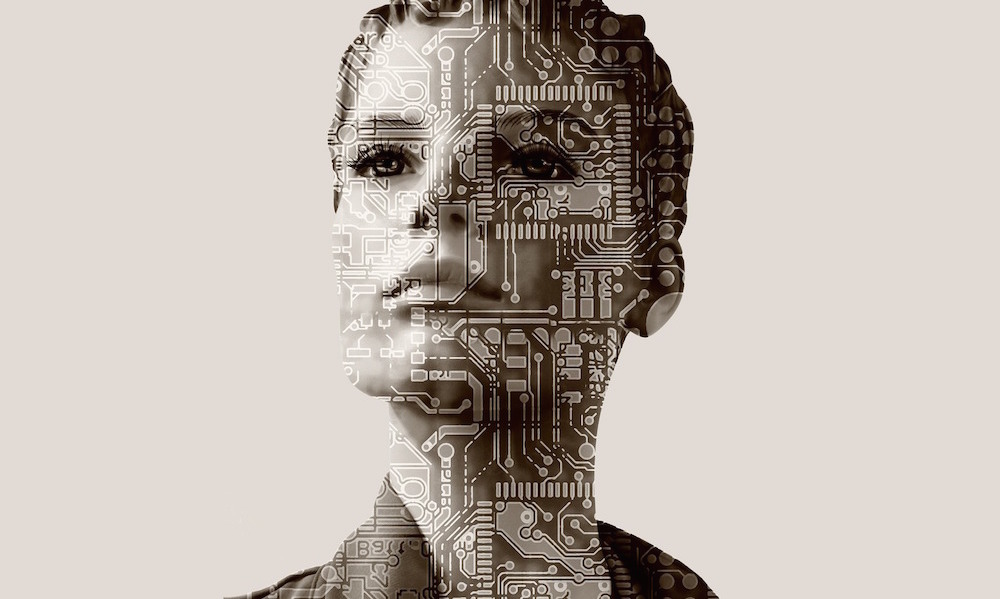We’ve seen many stories this year about how artificial intelligence systems are being developed for applications that benefit society, like The Grid’s web design platform and Tesla’s self-driving vehicles. However, there is a darker side of AI development that is taking center stage in the media. In an open letter from AI & Robotics Researchers posted on FLI (Future of Life Institute), leading scientists and engineers in the field warn against the application of AI in autonomous warfare programs. The letter is endorsed by the likes of Stephen Hawking, Elon Musk and Steve Wozniak, who have all spoken out regarding the perils of AI in the past.
The main concern in the letter is that the development of autonomous weapons utilizing artificial intelligence will trigger an AI arms race and result in a lower threshold of accessibility to these weapons. For example, an AI driven quad-copter with a munitions payload would be relatively cheap to build and deploy. This type of weapon, in the wrong hands, could be used for assassinations, destabilizing governments and subduing/suppressing populations. Thus, the group is urging a ban on developing automated weapons that don’t have some meaningful form of human control incorporated in them.
The larger concern voiced by people like Elon Musk and Stephen Hawking is that the development of artificial intelligence in general poses a significant threat to the human species and our civilization. This fear is based on the possibility that AI will conclude, for one reason or another, that the presence of human beings on the planet is either a threat or an obstacle to its development and will seek to wipe us out. Everyone has heard this apocalyptic narrative before and it has been incorporated into the popular consciousness through films like the Terminator series, which depict the grim aftermath of a world dominated by machines. In another version of this story seen in the film Transcendence, starring Johnny Depp, is that artificial intelligence could seek to enslave human beings in order to supply itself with the energy it needs to continue growing. And most recently, the AMC series HUMANS explores the emergence of the singularity, or the moment artificial intelligence becomes self-aware.
Whatever the future holds for our civilization and how it will deal with artificial intelligence, one thing that we must acknowledge is its inevitability. As much as there may be strong opposition to its development and incorporation into things like warfare, there might not be a way to stop it altogether. As technology evolves at an exponential pace, there will come a time when the platform on which to build a self-aware AI will be readily available to anyone. In the same way the record companies struggled to contain the impact of piracy in the digital age, we will likely see the same scenario play out concerning the resistance to artificial intelligence.
It’s not all doom and gloom though, as many futurists remain optimistic about the effect of artificial intelligence on our society. In the short term, it’s generally agreed that AI will function as a tool enabling us to become more efficient and reduce the ecological footprint of our society on the environment. These pundits also consider that, when AI achieves the singularity, it will retain the sentiment for life that its creators have. Thus, rather than seeking the destruction of our species, artificial intelligence may decide to help us survive and evolve.
Regardless of the outcome, we are certainly going to see a dramatic change in the way our society is structured once AI has been developed past the singularity. The concerns of the FLI letter beg the question of whether it’s still feasible to have a civilization that consists of borders, ideologies, currency and war. After all, if the means to destroy one another becomes readily accessible to everyone, we must begin to address the reasons why anyone would seek to do that in the first place. Hunger, poverty, economic manipulation and religious differences lay at the heart of most conflicts in the history of our species. Perhaps AI will force us to re-evaluate these attributes of our society and come up with a more evolved form of co-existence that doesn’t prompt it to take any kind of hostile action against its creators.

